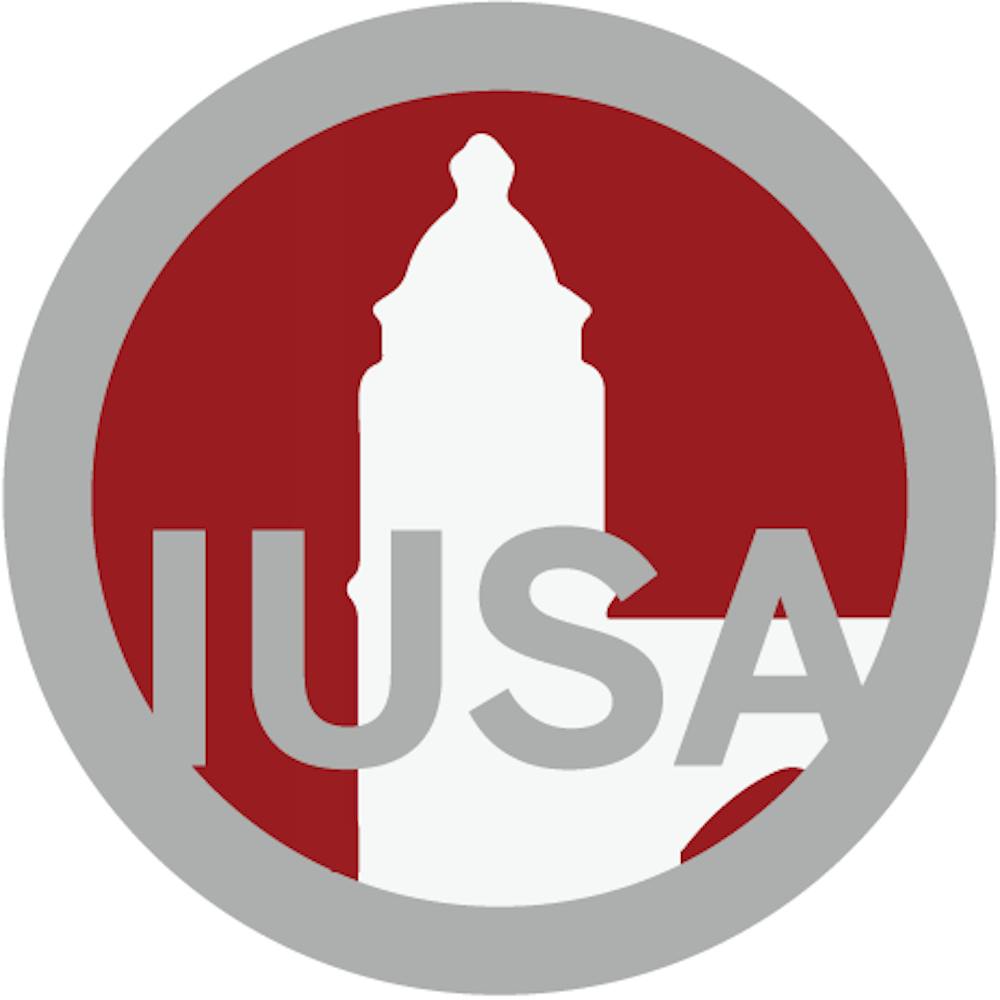In an attempt to engage with students and debate some important and contested topics, all of the tickets running for IUSA, or the Indiana University Student Association, met for a town hall event at the Indiana Memorial Union on March 7th. Five tickets attended, including IGNITE, Refund Supreme, Empower IU, Focus for IUSA, and Engage with IUSA. A list of potential questions that had been submitted by students on Facebook floated around the room at the beginning which had several questions about increasing diversity and inclusion in student government, making IU safer for victims of sexual assault, and divesting from fossil fuels in favor of green energy initiatives. Notably, however, the list also contained several pointed questions about candidates’ previous public support for Donald Trump.
The first couple of questions were relatively innocuous and uncontroversial; they had to do with getting more students engaged in IUSA and including more underrepresented groups in the student government. Several presidential candidates spoke out on the importance of achieving these goals, and pointed to a few specific steps, like increasing tabling in order to have more face-to-face interactions with students and making better use of the Freshman Internship Program to get more people involved.
Quickly, though, the conversation shifted to the IUSA budget. This is where the debate became significantly more fraught. One ticket, Refund Supreme, was particularly animated and opinionated when it came to the ways that IUSA leaders were spending the money they were given. Samuel Patterson, the presidential candidate for Refund, condemned the spending of money on personal expenses such as parking passes and luncheons.
“I don’t want to call it corruption, but it’s certainly gross,” Patterson said.
Refund’s argument was that the money should be given back to the students. This was met with skepticism by the other tickets; IGNITE’s candidate for Vice President of Congress, Iman Mahoui, pointed out that, if this was done, each student would receive one dollar as their refund. IGNITE’s presidential candidate, William McKinney, said that making IU a non-dry campus would allow drinks to be sold at sporting events and would create more income that could be spent on students, rather than issuing a refund. Some people agreed with elements of Patterson’s argument; a member of EmpowerIU said he also thought that parking passes and luncheons were wasteful. However, he defended the use of executive scholarships as a means of ensuring that any student can take part in student government, regardless of how busy they are in other areas of their lives.
A question about the source of IUSA’s negative reputation on campus sparked an earnest discussion about the group’s shortcomings. D’Angelo King from EmpowerIU pointed to a lack of inclusion as a key factor, while other people on the ticket said that members of Greek life had too big an influence on IUSA, and reiterated their point that executive scholarships allow for people in all walks of life to take part. Mahoui made the case that the executive branch has much more power than Congress. Patterson argued this was due to the fact that seats in Congress are sold for votes, which makes the attrition rate high.
At the end, one student produced several sheets of paper that he said were pledges not to accept money from any outside political organizations. After the presidential candidates gave their 30-second summaries of their tickets’ platforms, he went around the room and asked them all to sign them.
The election for IUSA will be on March 22nd and 23rd.





